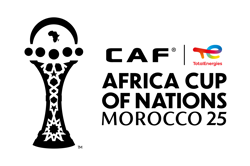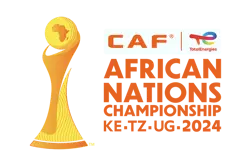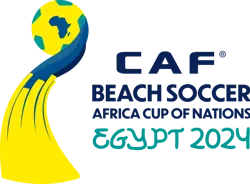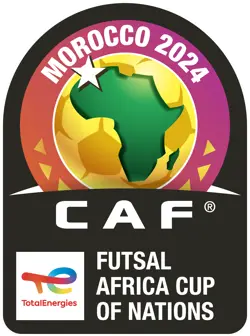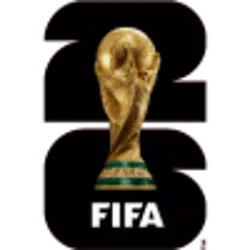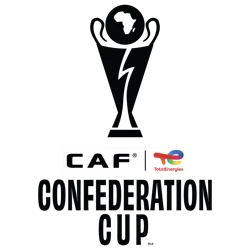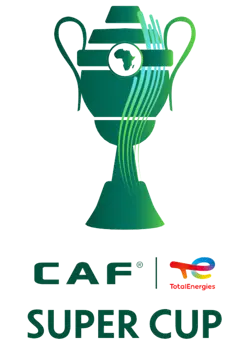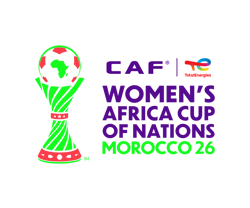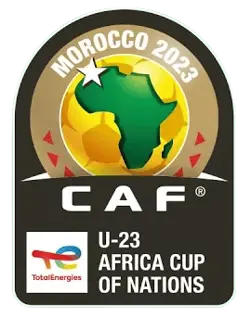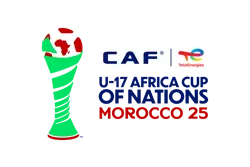A look back: When Morocco hosted the 1988 Africa Cup of Nations
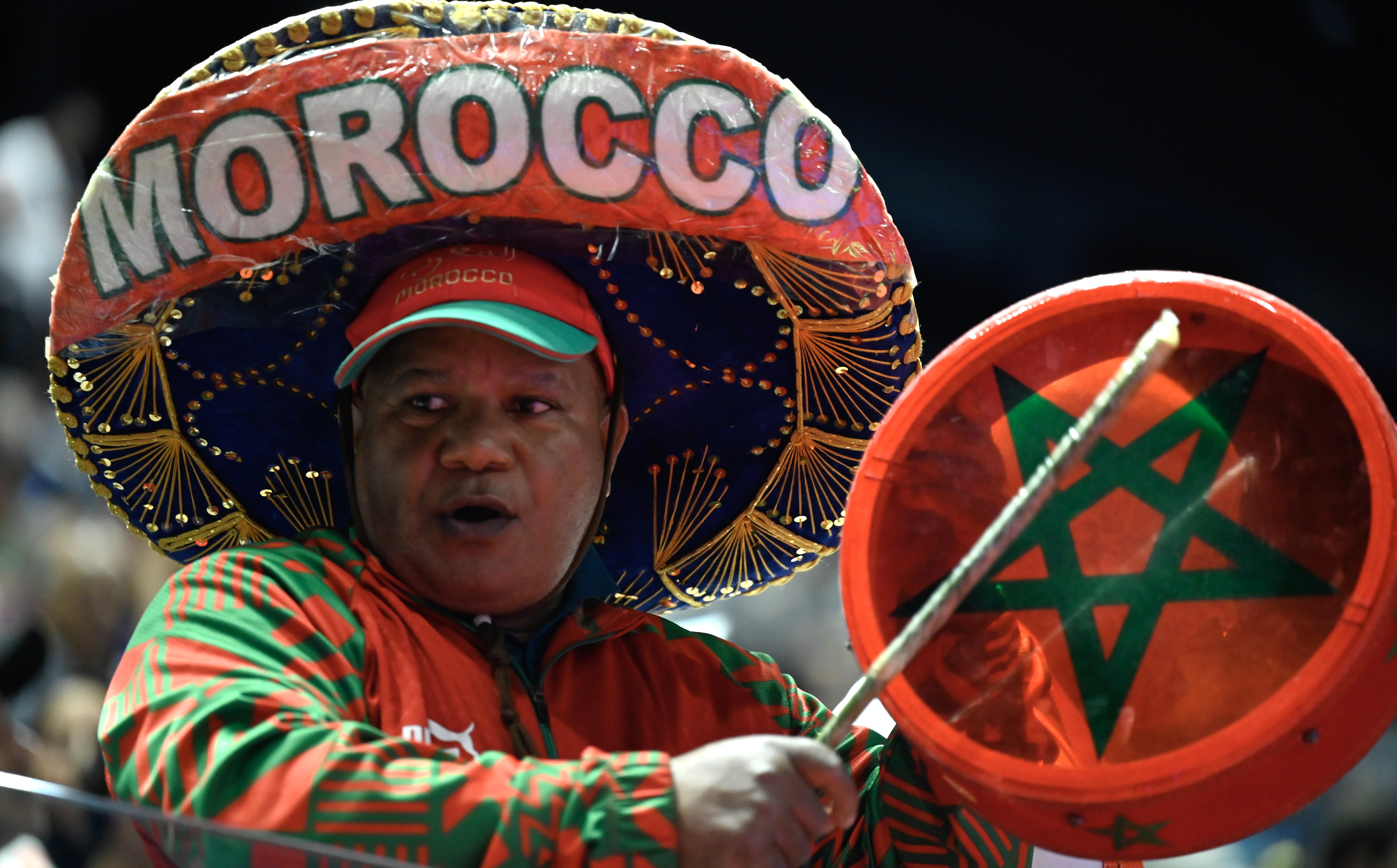
As Morocco gears up to host the 2025 TotalEnergies CAF Africa Cup of Nations (AFCON) with the Final Draw scheduled to be held on Monday, 27 Janaury in Rabat, it’s worth revisiting the last time this North African nation welcomed Africa’s premier football tournament.
The 1988 edition marked a pivotal moment in AFCON history, showcasing Morocco's burgeoning football culture and its ability to host a continental event of such magnitude.
In the late 1980s, Morocco emerged as a strong candidate to host the AFCON. With a football-mad population, growing infrastructure, and a strategic location in North Africa, Morocco was a natural choice.
CAF awarded Morocco hosting rights in recognition of its commitment to the sport and its ability to organize an event that would captivate fans across the continent.
A Compact Tournament: Dates, Teams, and Venues
The 1988 AFCON ran from March 13 to 27, offering an intense two-week showcase of African football talent.
Unlike today’s expanded 24-team format, the tournament featured just eight teams, split into two groups of four.
Matches were played in two host cities: Casablanca, at the iconic Mohammed V Stadium, and Rabat, at the Moulay Abdellah Stadium.
This compact format ensured that every match carried significant stakes, keeping fans on edge throughout.
Cameroon’s Triumph and the Tournament’s Drama
Cameroon emerged victorious, claiming their second AFCON title after defeating Nigeria 1-0 in a hard-fought final at the Mohammed V Stadium.
Emmanuel Kunde's penalty secured the victory, capping a brilliant campaign for the Indomitable Lions.
Nigeria, led by the likes of Rashidi Yekini, finished as runners-up, while Algeria clinched third place by defeating hosts Morocco 4-1 in the playoff.
The home team, despite their passionate support, fell short of expectations, finishing fourth.
However, their participation added a layer of excitement and pride for Moroccan fans, who turned up in droves to cheer on their national side.
Stars of the Tournament
The 1988 AFCON was a showcase of individual brilliance. Cameroon’s Roger Milla was named the tournament’s best player, continuing his legacy as one of Africa’s greatest football icons.
Alongside him, Joseph-Antoine Bell, also from Cameroon, was recognized as the best goalkeeper for his stellar performances throughout the competition.
The golden boot was shared by four players: Algeria’s Lakhdar Belloumi, Cameroon’s Roger Milla, Egypt’s Gamal Abdelhamid, and Cote d'Ivoire's Abdoulaye Traoré, each scoring two goals.
Their contributions highlighted the balance and competitiveness of the tournament.
A Legacy That Endures
The 1988 AFCON reinforced Morocco’s reputation as a capable and passionate host nation.
It also set the stage for the country’s future endeavors, including hosting major events such as the FIFA Club World Cup and preparing for the joint hosting of the 2030 FIFA World Cup with Portugal and Spain.
With world-class stadiums like the Mohammed V and Moulay Abdellah still standing tall, Morocco is ready to reclaim its place in the spotlight.
The upcoming 2025 AFCON is an opportunity to build on this legacy and deliver another unforgettable tournament.
Key Highlights of the 1988 AFCON:
-
Host Nation: Morocco
-
Tournament Dates: 13–27 March 1988
-
Host Cities: Casablanca and Rabat
-
Number of Teams: 8
-
Teams That Participated:
- Morocco
- Cameroon
- Nigeria
- Algeria
- Egypt
- Cote d'Ivoire
- Zaire (now DR Congo)
- Kenya
-
Winner: Cameroon (2nd title)
-
Runner-Up: Nigeria
-
Third Place: Algeria
-
Fourth Place: Morocco
-
Top Scorers: Lakhdar Belloumi (Algeria), Roger Milla (Cameroon), Gamal Abdelhamid (Egypt), Abdoulaye Traoré (Ivory Coast) — 2 goals each
-
Best Player: Roger Milla (Cameroon)
-
Best Goalkeeper: Joseph-Antoine Bell (Cameroon)
-
CAF Team of the Tournament (Best XI):
- Goalkeeper: Joseph-Antoine Bell (Cameroon)
- Defenders: Ibrahim Youssef (Egypt), Emmanuel Kunde (Cameroon), Stephen Keshi (Nigeria), Abdelmajid Lamriss (Morocco)
- Midfielders: Lakhdar Belloumi (Algeria), Gamal Abdelhamid (Egypt), Roger Milla (Cameroon)
- Forwards: Abdoulaye Traoré (Ivory Coast), François Oman-Biyik (Cameroon), Rashidi Yekini (Nigeria)
-
Total Matches Played: 16
-
Goals Scored: 23 (1.44 per match)
